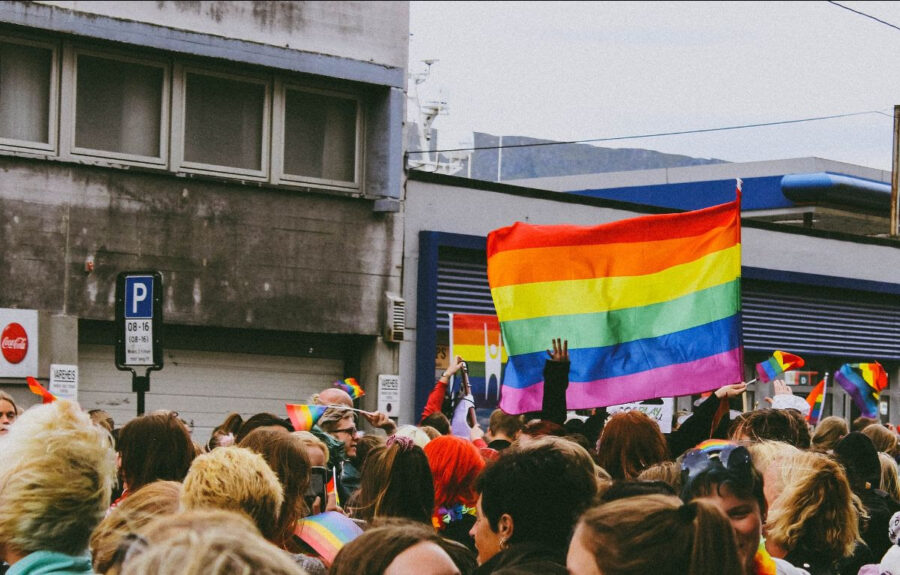L.E.F., following the rejection of her subsequent application for international protection status, is at risk of deportation to Morocco, a country where LGBTI people face widespread discrimination, systematic abuse, and the risk of losing their lives.
According to a detailed 2018 report by civil society organizations (Conseil civil de lutte contre toutes les formes de discrimination), abusive practices against LGBTI people are a daily occurrence in Morocco, including home invasions of allegedly gay couples, assaults, physical humiliation, stripping and videotaping.
Bisexual people are not considered a particularly vulnerable group: Incidents of harassment, verbal and psychological violence in public places and even lynching have been recorded, in particular, against people in the process of gender reassignment.
There are frequent institutional threats of arrest and conviction under Article 489 of the Moroccan Penal Code. Moreover, not only does Moroccan law not protect LGBTI people from hate crimes, but it also criminalizes homosexuality and transgender identity, providing for imprisonment and a fine.
L.E.F. left her country precisely because of the oppression she experienced in terms of expressing her gender identity and sexual orientation. Her parents even forced her into a marriage, a common practice for homosexuals in Morocco.
Arriving in Greece in 2016, she filed a request for international protection status, in which she stated that she was homosexual, that she felt gender dysphoria, and was forced to be oppressed due to the treatment meted out to transgender people in her country of origin.
However, the request was deemed unfounded and a year later her application was rejected, as the Commission found her claims “that she has a homosexual sexual orientation and was in a homosexual relationship and the related facts of the threats and flight of the applicant” to be unreliable, according to the decision.
Since December 2017, L.E.F. has been supported by the medical staff of the clinic for the management of gender identity and gender dysphoria issues at the Attica Psychiatric Hospital, who certified “that she is satisfactorily adapted to the gender role (female) and meets the eligibility criteria for starting hormone therapy”, which she has been undergoing for some time.
As a trans woman now in the process of gender reassignment, L.E.F. filed a subsequent application for international protection, presenting a plethora of new documents, including medical records from the Attica Psychiatric Hospital and the General Hospital “Elena Venizelos – Alexandra”, where she is undergoing hormone therapy. However, the above evidence was not considered ‘substantial’ and her subsequent application for international protection was rejected as ‘formally inadmissible’.
The Legal Service of the Diotima Centre, which operates with the support of UNHCR in Greece and has undertaken the legal representation of L.E.F. stresses that: “The above decision violates the rights of the asylum seeker. It is certain that a transgender woman in the process of gender reassignment risks persecution upon her return to Morocco.
The risks to which she will be exposed threaten her own life and physical integrity, and for this reason, when examining her application, particular attention should be paid both to her allegations and to the documents that conclusively prove those allegations. Of the above-mentioned decision, L.E.F. continues to be deprived of her rights as a recognized refugee. At the same time, she is unable to take the necessary steps to obtain legal recognition of her gender identity.”
As the Diotima Centre we demand:
- Immediate granting of international protection status to L.E.F. and assurance that she will not be deported to her country of origin
- Protection and practical safeguarding of the fundamental rights of all LGBTI persons seeking international protection due to persecution and discrimination on the basis of their sexual orientation or gender identity, based on international human rights treaties and applicable national legislation.
In a democratic state, no human life is of lesser value and importance and therefore diligence is due to protect the life and dignity of all human beings without exception.
Diotima Centre, 7/7/2020
photo by Denin Lawley





